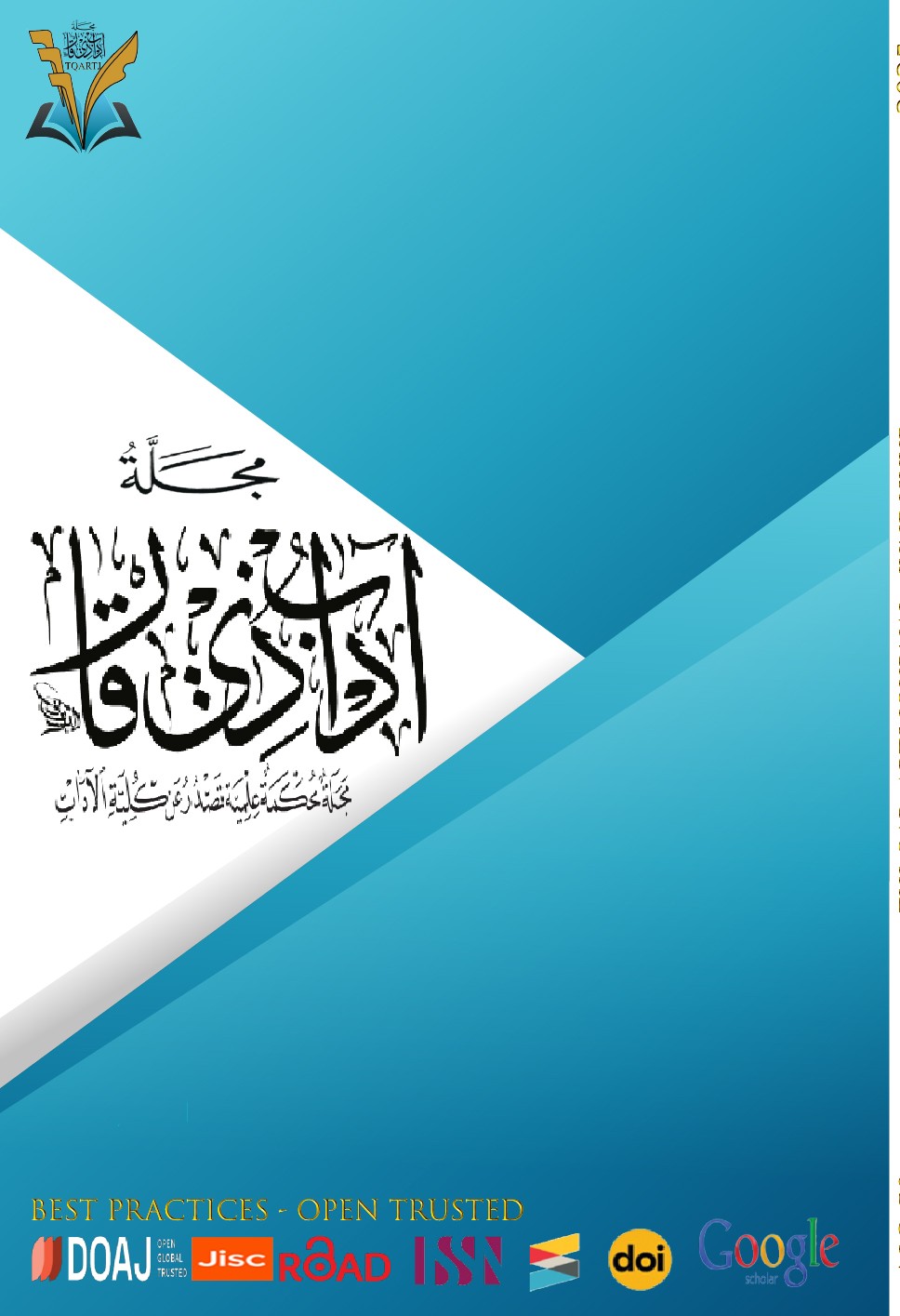Abstract
Politics in the Holy Qur’an is not a fixed terminological concept, but rather a conceptual perception. This means it is a dynamic identity, capable of formation and transformation depending on stages of development and change, which grants it vitality and continuity. However, this concept requires foundational elements that serve as principles upon which its formation or clear representation in the mind of the recipient depends. A number of these defining elements have been addressed as foundational principles of the concept. The study followed a semantic-analytical approach based on books of Qur’anic exegesis and linguistic sources, in addition to the semantic clarity manifested in the verses that deal with this topic. The research concluded with a set of principles characterized by interactive, complementary, or alternating relationships.
Abstract
إنّ السياسة في القرآن الكريم ليست إطلاق إصطلاحي بل هي تصوّر مفهوميّ، وهذا يعني أنّها هويّة قابلة للتشكّل والتحوّل، بناء على مراحل التطوّر والتغيّر، ممّا يُضْفِي عليها صفة الحيويّة والديمومة، غير أنّ هذا المفهوم يحتاج إلى مقوّمات تمثّل أصولاً يعتمد عليها في تشكّله أو رسم صورته بشكل واضح في ذهن المتلقّي، وقد تمّت معالجة جملة من هذه المشخّصات بوصفها مبادئ لهذا المفهوم، وقد سلكت المعالجة مسلك البحث البياني المستند إلى كتب التفسير واللّغة فضلاً عن الوضوح الدلالي الذي تجلّت فيه الآيات المعالجة لهذا الموضوع، قد توصّل البحث إلى جملة من المبادئ بينها علاقة تفاعلية أو تكامليّة أو تناوبيّة.
